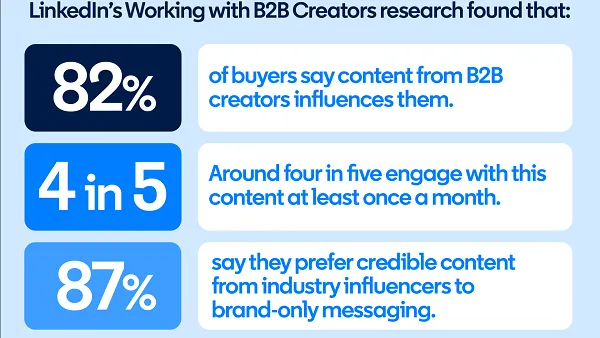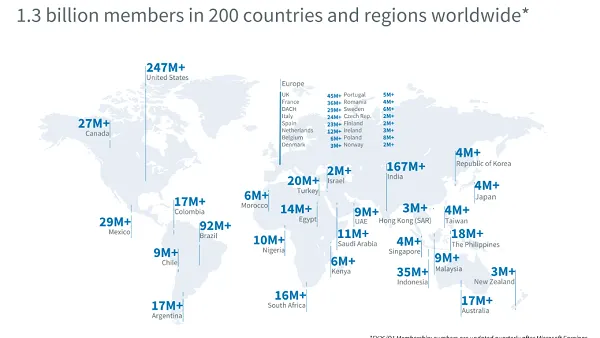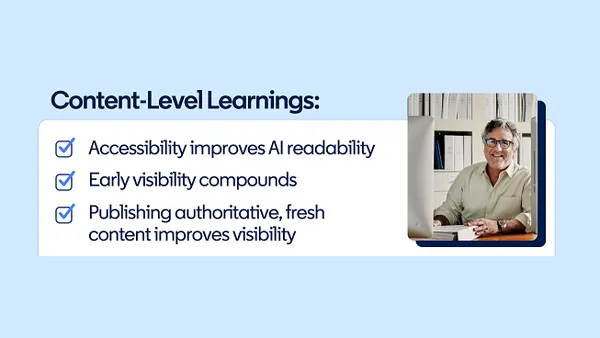LinkedIn has provided an update on its evolving efforts to tackle artificial engagement on the app, via fake profiles, AI comments, and engagement pods, which harm the overall user experience.
Back in July, we reported on LinkedIn’s approach on this front, based on accumulated evidence of manipulated engagement activity provided to SMT by LinkedIn users.
The most notorious concern in this respect, at least in the data presented to us, was engagement pods, which are coordinated groups of users who work together to comment, like and engage with each other’s posts, in order to boost their reach. The data suggested that thousands of LinkedIn updates are being submitted each day which are boosted by this artificial engagement, which then sees less relevant content pushed into more LinkedIn feeds, while real insight gets less interaction than it maybe should.
I spoke to LinkedIn about these concerns, and its team noted that it is well aware of the issue, and that it’s actively working to improve its detection and enforcement measures.
Since then, LinkedIn has updated its rules to limit suspect activity when detected, and now, LinkedIn’s VP of Product Management Gyanda Sachdeva has shared more info on its evolving approach.
As per Sachdeva:
“Our goal is to make engagement pods entirely ineffective. We are increasing the number of ways we detect these pods and the suspicious behavior that happens in these pods. We are increasingly flagging any artificially boosted content internally, and then also, we are limiting the reach of this content. In addition to all of this, we’re going to crack down on any third party tools, like a browser extension or a plug-in, that’s automating any kind of manipulation by commenting on a bunch of posts at the same time.”
Sachdeva says that she will provide more updates in the coming months about the impact these efforts are having, but LinkedIn is looking to take more action to combat pod groups and tools, in order to directly tackle these concerns.
And to be clear, Sachdeva also reiterated that engagement pod activity is in violation of LinkedIn’s Terms of Service, and is not acceptable or allowable within its existing rules.
Some of this activity, of course, is difficult for LinkedIn to enforce, given that such programs are often coordinated off-platform, but again, engagement pod platforms and tools are fairly easy to find, and it sounds like LinkedIn will be taking action to stamp these out, which has been a key request of its user community.
And LinkedIn has shown a willingness to pursue legal avenues in related concerns, with the company filing cases against other services for different violations of its usage terms, including data scraping. Engagement pods and fake engagement are likely a lesser concern for LinkedIn’s business, but the issue has clearly become a big enough concern that it’s now making public statements on its efforts, and its work to address these issues.
Of course, we don’t know what exactly LinkedIn’s planning here, and we don’t have any evidence of the impacts of its efforts this far. But even the acknowledgment of the concern is significant, and it does sound like LinkedIn will be taking stronger action against the platforms that facilitate pod activity.









